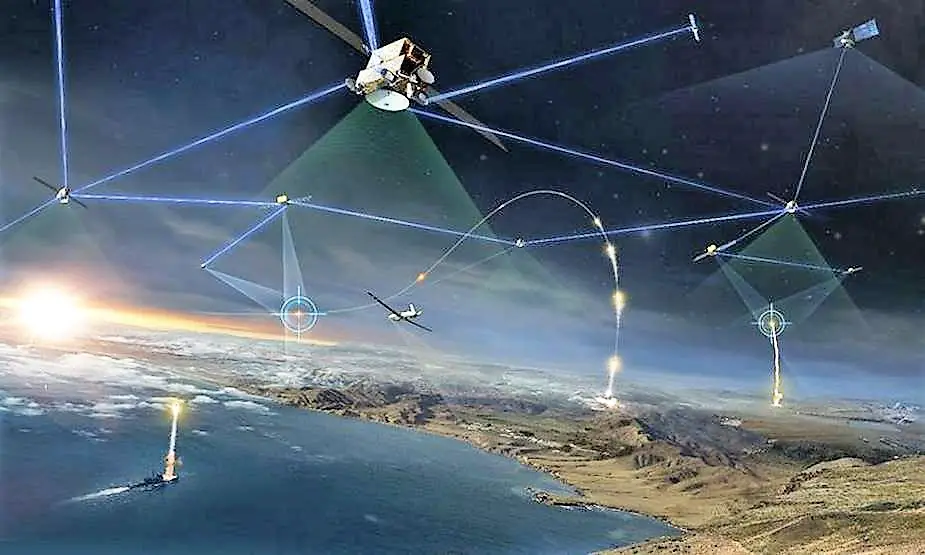Breaking news
Northrop Grumman completes critical design review for Tranche 1 Transport Layer of Space Development Agency’s low-earth orbit network.
Northrop Grumman recently completed a critical design review for its Tranche 1 Transport Layer (T1TL), part of Space Development Agency’s (SDA) low-earth orbit network designed to communicate vital information to wherever it’s needed to support U.S. troops on the ground quickly and securely.
Follow Army Recognition on Google News at this link

The U.S. Space Development Agency has formerly announced that Northrop Grumman is under contract to develop and build 42 Tranche 1 Transport Layer satellites and 14 Tranche 1 Tracking Layer satellites as part of its Proliferated Warfighter Space Architecture (Picture source: Northrop Grumman)
The Tranche 1 Transport Layer (T1TL) communication satellites will provide resilient, low-latency, high-volume data transport supporting U.S. military missions around the world. Designed to connect elements of an integrated sensing architecture, the network will deliver persistent, secure connectivity, and serve as a critical element for advancing the U.S. Department of Defense’s vision for Joint All Domain Command and Control.
“We are leveraging our commercial marketplace partnerships to deliver a rapid, affordable, highly effective solution for SDA,” said Blake Bullock, vice president, communication systems, strategic space systems, Northrop Grumman. “Our T1TL solution builds on our decades of end-to-end mission expertise. We are uniquely capable of delivering a credible capability to support the warfighter.”
SDA formerly announced that Northrop Grumman is under contract to provide the agency with 56 satellites, including the 42 communication satellites in the Tranche 1 Transport layer and 14 for the Tranche 1 Tracking layer, which includes an infrared sensor payload. The Tracking layer program recently completed its preliminary design review. Northrop Grumman is also providing the ground system for both its Transport and Tracking constellations.
Defense News April 2023


























